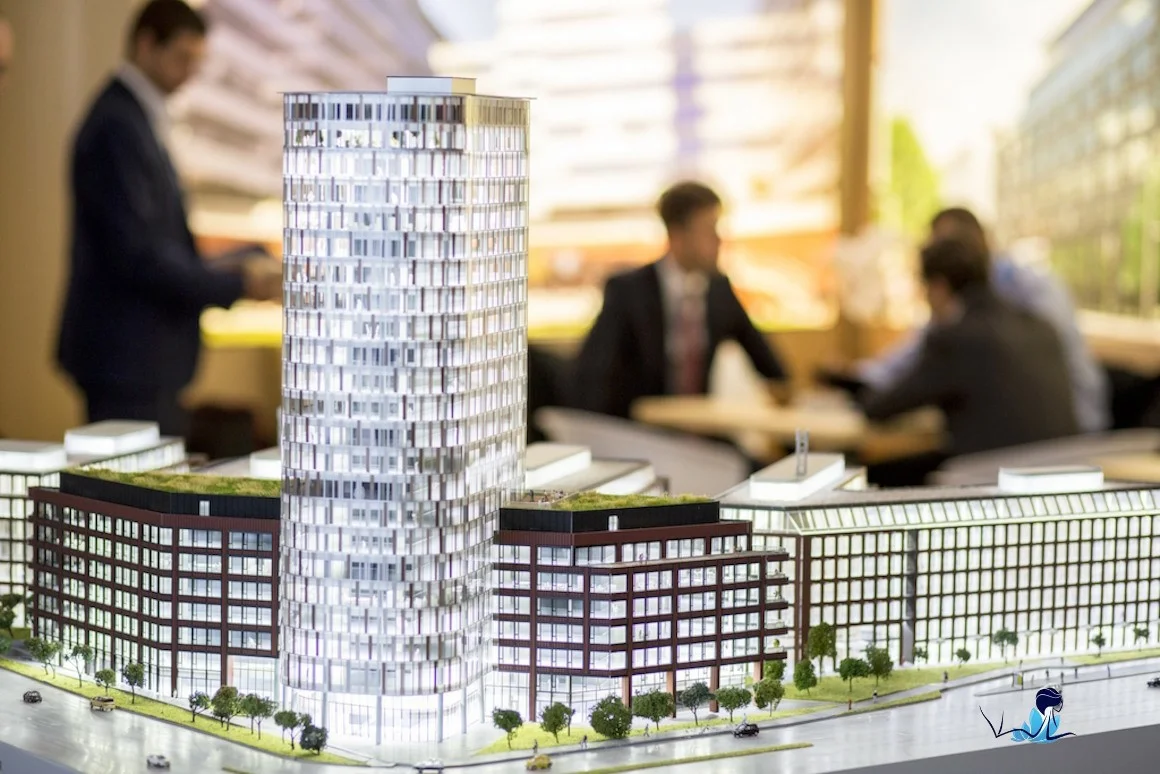Buying real estate under construction can be an attractive investment opportunity, offering potential for significant returns and customization options. However, it also comes with specific risks and considerations. Here’s a guide on how to approach investing in pre-construction or under-construction real estate:

1. Research the Developer
- Reputation and Track Record: Investigate the developer’s history and reputation. Look for past projects, reviews, and feedback from other buyers.
- Financial Stability: Ensure the developer has the financial stability to complete the project. Check for any financial issues or delays in their previous projects.
2. Understand the Project Details
- Project Plans: Review detailed plans, including architectural drawings, floor plans, and amenities. Ensure they meet your investment or living criteria.
- Completion Timeline: Understand the projected completion date and any potential delays. Verify if there are penalties for delays or guarantees for timely completion.
3. Evaluate the Location
- Market Analysis: Research the location’s real estate market, including trends, property values, and future developments. Consider factors like proximity to schools, transportation, and amenities.
- Future Developments: Check for upcoming infrastructure or development projects that might affect the property’s value.
4. Review the Purchase Agreement
- Terms and Conditions: Carefully read the purchase agreement, focusing on terms related to payment schedules, construction timelines, and penalties for non-compliance.
- Deposit and Payment Schedule: Understand the deposit requirements and payment schedule. Typically, payments are made in installments throughout the construction process.
5. Inspect the Property

- Pre-Construction Visits: If possible, visit the construction site to inspect progress and ensure the work meets your expectations and the agreed-upon specifications.
- Final Inspection: Before closing, conduct a final inspection to check for any issues or discrepancies from the agreed plans.
6. Understand the Risks
- Construction Delays: Be aware of potential delays and how they might impact your investment or move-in date.
- Market Fluctuations: Consider how changes in the real estate market could affect the property’s value by the time it’s completed.
- Developer Issues: Be prepared for potential issues with the developer, such as financial problems or quality concerns.
7. Secure Financing
- Pre-Approval: Get pre-approved for a mortgage to understand your financing options and budget. Some lenders offer construction loans or specialized financing for pre-construction properties.
- Payment Plans: Ensure you’re comfortable with the payment plan and can meet the financial requirements as construction progresses.
8. Consider Investment Strategies
- Long-Term Investment: If buying for investment purposes, consider the long-term potential for appreciation and rental income once the property is completed.
- Resale Value: Evaluate the potential resale value and market conditions at the time of completion.
9. Legal and Regulatory Considerations
- Local Regulations: Familiarize yourself with local regulations and building codes to ensure the project complies with all legal requirements.
- Warranty and Guarantees: Check for any warranties or guarantees provided by the developer for construction quality and defects.
10. Consult Professionals

- Real Estate Agent: Work with a real estate agent who has experience with pre-construction properties and can guide you through the process.
- Legal Advisor: Consult a real estate attorney to review contracts and ensure your interests are protected.
- Home Inspector: Engage a home inspector to perform a final inspection and identify any potential issues before closing.
Example Scenario: Buying a Pre-Construction Condo
-
Research Developer: You research the developer and find they have a strong reputation with a history of completing projects on time.
-
Evaluate Location: The condo is located in a growing area with new amenities and infrastructure planned, making it an attractive investment.
-
Review Agreement: You carefully review the purchase agreement, noting the payment schedule and timeline for completion.
-
Secure Financing: You get pre-approved for a mortgage and ensure you can meet the payment schedule required by the developer.
-
Inspect Progress: You visit the construction site periodically to check on progress and ensure it aligns with the plans.
-
Final Inspection: Before closing, you perform a final inspection to ensure the condo meets your expectations and the agreed specifications.
-
Closing and Investment: You complete the purchase and plan for either renting out the condo or using it as your residence. You monitor the market for future appreciation and potential resale value.
Conclusion
Buying real estate under construction can offer opportunities for customization and potential financial gains, but it also involves careful planning and due diligence. By thoroughly researching the developer, understanding the project details, securing financing, and consulting with professionals, you can mitigate risks and make a well-informed investment.